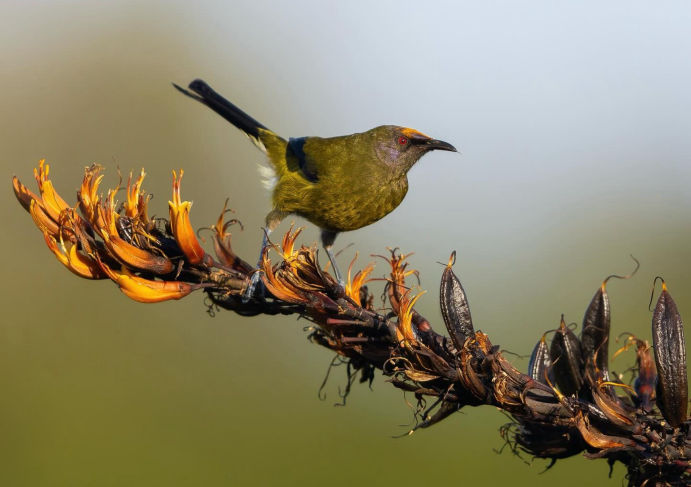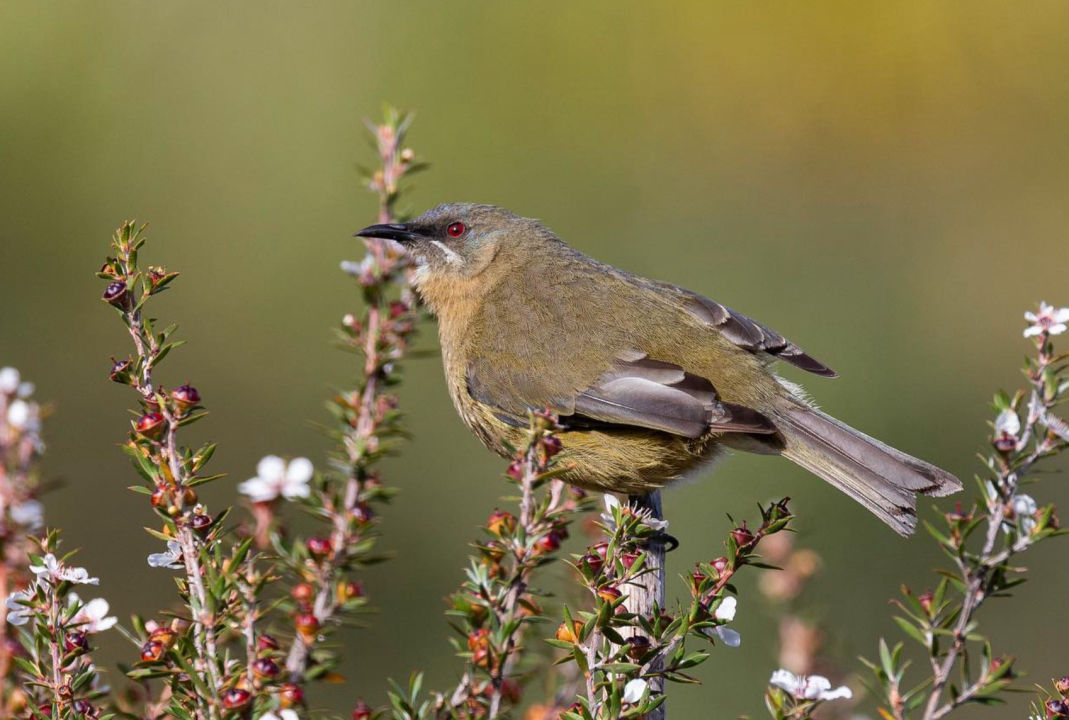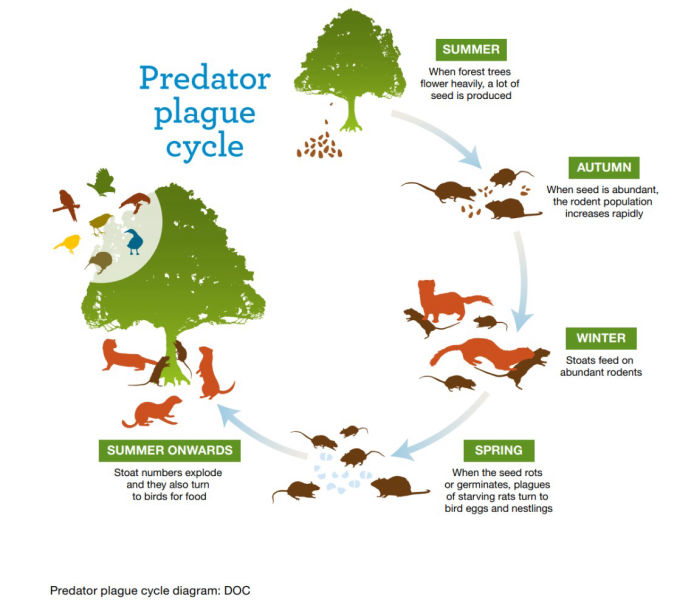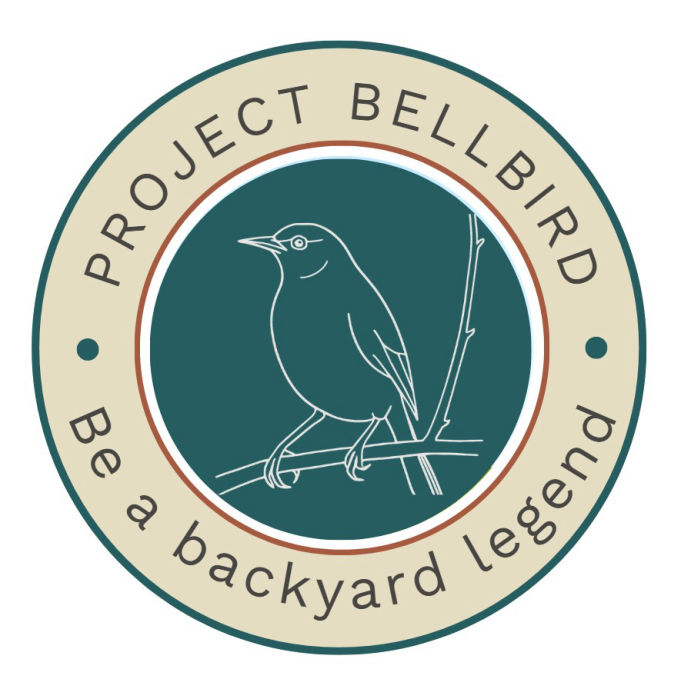PROJECT BELLBIRD
- Bringing bellbird back to Waipu
With its distinctive song, the bellbird is an iconic NZ species that is not often heard in Northland. Through extensive pest control and habitat restoration, the bellbird is gradually returning to parts of the Brynderwyns ranges. With some more encouragement we’re hoping the bellbird and other native species will come down to Waipu Village.
Project Bellbird is a three-year, community-led conservation initiative that aims to:
1. Reduce rats and possums in the Village by encouraging households and businesses to set traps on their properties.
2. Create an ecological corridor for the birds from the Waionehu Stream catchment to Waipu Village, by working with landowners to restore habitat and trap predators.



